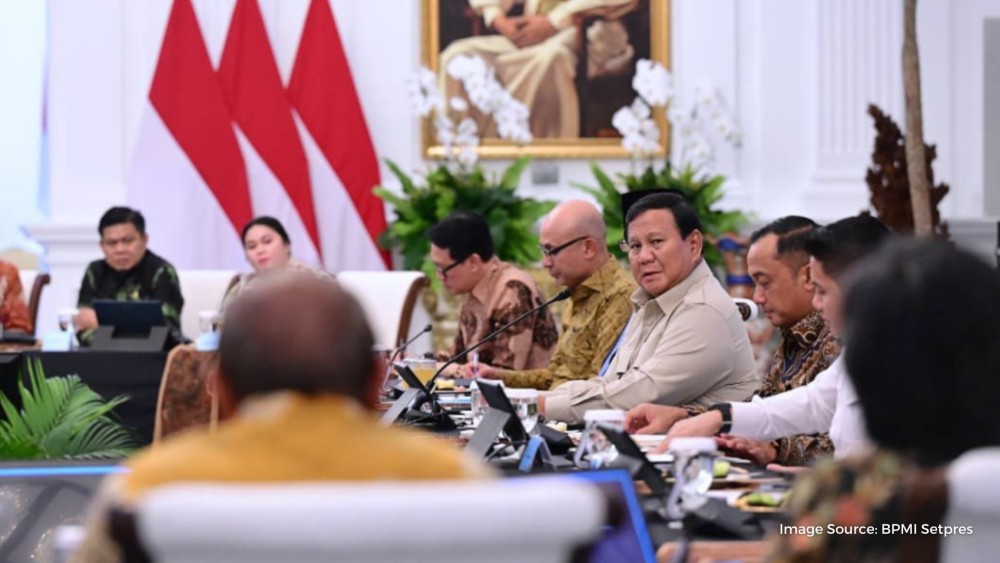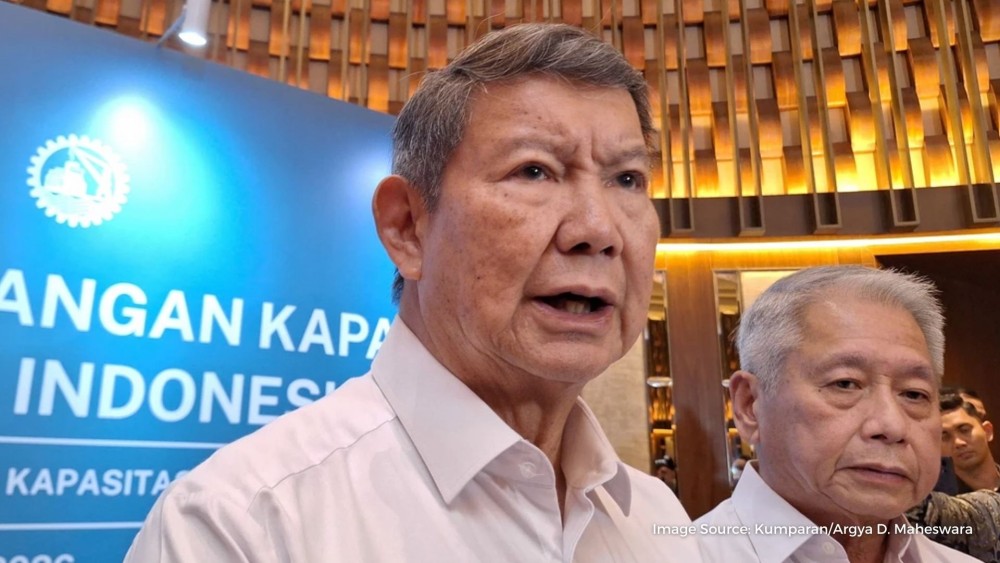This Week’s Headlines Aug 3 – Aug 9 (Issue #124)
09 Aug 2024

Indonesia eases local content rules to access foreign cash for renewable power projects
Indonesia has relaxed rules requiring electricity projects financed by foreign investors to include locally-made parts in an effort to unlock concessional loans from international development banks, a government official said on Wednesday.
Indonesia has pledged to boost the proportion of renewables in its energy mix and foreign lenders have promised to provide funding, including more than $20 billion under the Just Energy Transition Partnership (JETP) led by the Group of Seven countries.
But the disbursement of funding for renewable power projects in the country has remained limited, which analysts have blamed partly on the mandatory local content rules.
Under a new regulation just announced, Jakarta will exempt projects that receive at least 50% funding from foreign multilateral or bilateral lenders from the local content rules, Rachmat Kaimuddin, deputy minister of maritime affairs and investment, said.
"If we're using funds from development financing agencies that have different procurement rules, in which we are a member, we can follow an agreement that we set," Rachmat said, referring to the move to relax the local content rules, in a briefing for the electrical industry.
"The reason we're doing this is we want concessionality from development financial institutions."
The new regime will also allow solar power plant projects to use imported panels, provided the project operator obtains a ministerial approval, signs a power purchase agreement before the end of 2024 and the plant operates by the first half of 2026.
The solar panels must also come from companies that commit to investing in a production facility in Indonesia.
Under the previous rules, the minimum local content for solar power plants was 60%.
Rachmat said more details on local content requirements will be announced soon, with thresholds varying for different power plants or projects.
Indonesia's state utility Perusahaan Listrik Negara has a plan to expand renewables-sourced power capacity by 20.9 gigawatts between 2021 to 2030, according to its current business plan. That plan is under review and PLN has said it wants to further invest in renewables.
Source: Reuters
South Korea to invest in Nusantara's underwater toll road
An official from the public works ministry has announced that Seoul is investing Rp 11 million in an underwater road tunnel connecting Nusantara and Balikpapan, a 88.54 kilometer project of which 76.4 percent has been completed to date.
The government is teaming up with South Korea to build an underwater toll road for Nusantara, which is estimated to cost some US$690 million and will be the country’s first, an infrastructure director at the Public Works and Housing Ministry has announced.
“The estimated cost to finish the immersed tunnel is around Rp 11 trillion,” Wida Nurfaida said on Wednesday at the Indonesia-Korea Technical Exchange Seminar & Business Networking 2024, as quoted by Tempo.co. “The plan is to partner with the South Korean government.”
Wida added that the planned toll road network project for accessing the country’s new capital would span 88.54 kilometers, Kompas.com reported. Of this total length, 67.65 km had been built at an average cost of Rp 305 billion per kilometer, leaving around 20.89 km to be built for an investment cost of Rp 6.38 trillion.
The tunnel is part of a 47-kilometer highway connecting Nusantara and Balikpapan’s Sepinggan International Airport.
Commonly used for undersea roads and railways, immersed tunnels are typically built in segments on land and then are sealed and floated into position, where they are submerged and assembled.
Danis Hidayat Sumadilaga, head of the ministry’s Nusantara infrastructure development task force, said in August last year that construction on the underwater toll road would commence this year.
“We’ve just completed the feasibility study. Based on the results of that study, we will create a design. Insyaallah [God willing], next year we can begin [building it],” Danis said on Aug. 23, as quote by Tempo.co.
He said at the time that the tunnel would be rectangular and designed to accommodate six lanes, with each segment spanning 1-1.5 km in length. The project was estimated to take two to three years to complete and funded by the state budget, although the door was open to private sector participation.
However, Highways Director General Hedy Rahadian said in September last year that construction on the underwater toll road would start after 2024.
South Korea has been investing heavily in the country, overtaking the United States and Japan in the second quarter of this year to become the third-largest foreign investor with $1.3 billion in total FDI.
BCA chief economist David Sumual told The Jakarta Post on July 29 that foreign direct investment (FDI) from South Korea might reach the same amount as funding from China and Japan in the long run.
During the first half of 2024, however, South Korean investment totaled less than that of Singapore, China, the US and Japan, at respectively $8.9 billion, $7.7 billion, $2 billion and $1.8 billion.
Source: The Jakarta Post
Indonesian Consumers A Bit More Upbeat About the Economy
Indonesian consumers are becoming slightly more upbeat about the country’s overall economic conditions as of July after months of weaker optimism, according to Bank Indonesia.
The central bank launched Thursday their July report for Indonesia’s consumer confidence index (CCI). A reading of beyond 100 points means that Indonesians are confident in the country’s economy, and data had shown that the country had always passed that optimistic mark over the past years. However, Indonesia’s CCI had been on a decline since May during which the index stood at 125.2. The CCI gradually fell to 123.3 points in June before it slightly rose to 123.4 the following month.
“Consumers are becoming more confident in today’s economic conditions. They also remain optimistic about the future of our economy,” the Bank Indonesia report reads.
Consumers who are 20-30 years old became the age group with the most positive outlook. Their CCI also rose from 126.8 in June to 128.9 the next month.
Most groups --based on their monthly spending-- are more optimistic in the July reading. The biggest spenders --namely those who spend over Rp 5 million ($313.72) a month-- become the only group who are losing faith in the economy as their CCI dropped from 130.3 in June to 123.2 in July.
Indonesia’s current economic condition index (CECI) also went up to 113.5, compared to the 112.9 in the June reading. As the name suggests, CECI portrays the consumers’ perceptions towards today’s economic conditions by factoring in their income and the job availability. CECI also takes into account purchases of durable goods.
But Indonesians are less optimistic about how the economy will turn out over the next 6 months. Bank Indonesia reported that the consumer expectation index (CEI) fell from 133.8 in June to 133.3 in July.
The average propensity to consume ratio in July stood at 73.8 percent. In other words, an Indonesian consumer typically spent three-quarter of their income that month.
Source: Jakarta Globe















